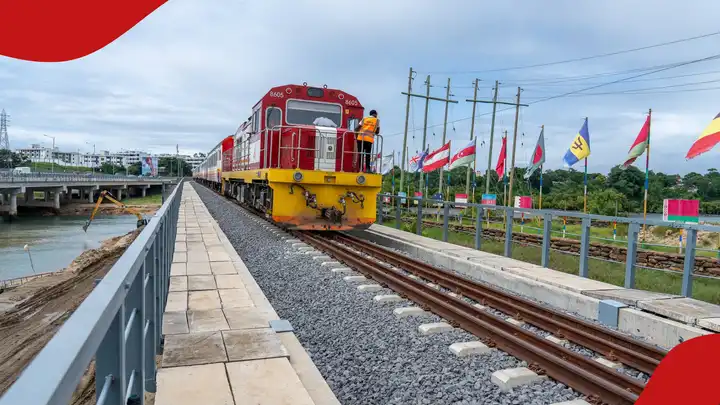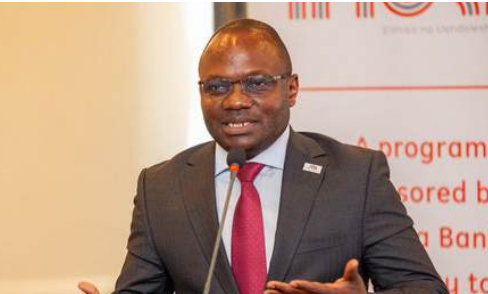Kenya will negotiate for the extension of the African Growth and Opportunity Act (AGOA) on the sidelines of the ongoing United Nations General Assembly in New York, United States of America.
President William Ruto said that he would be speaking with US officials this week regarding the possible extension of the 25-year-old trade pact, which is set to expire in a week.
According to Ruto, Agoa has been of great benefit to Kenya and Africa at large, connecting traders to ready markets at very low cost.
Ruto will build on comprehensive meetings conducted by delegations from Kenya and four other AGOA beneficiaries who visited Washington last week to push for a temporary extension.
This is the third attempt by African states to extend Agoa, put in place by Bill Clinton’s administration in 2000 and reviewed by the Obama administration.
Initially, Agoa was meant to expire in 2008, but Africa lobbied the WTO for an extension that took it to 2015. Trade experts say underinvestment in sectors that produce export goods has prevented Africa from maximising the benefits of Agoa’s extension.
According to Pankaj Bedi, chairman of apparel company United Aryan, the delegation of private investors and government officials had more than 30 engagements last week, including with members of Congress and their aides.
He said there was universal support from the Congressional Republicans and Democrats they met, including staffers for House Speaker Mike Johnson, to renew Agoa.
Without an extension, manufacturers would face steep rises in tariffs on their products, including a jump from 10 to 43 per cent for synthetic textiles.
“It’s like a house of cards that will collapse,” Bedi said, predicting mass layoffs across the textiles sector if the trade deal is not renewed.
Trade Representative Jamieson Greer has publicly said in the past that an extension was not a priority for the current administration, which is focusing on bilateral discussions and trade deals with individual nations.
Although various experts have warned of serious consequences if the trade pact is not extended, the World Trade Organisation (WTO) has dismissed those fears as baseless
In an interview with a local daily, WTO director general, Ngozi Okonjo, said the expiry of Agoa would not have a substantial effect due to the minimal trade between eligible African nations and the US.
According to the global trade body, President Trump’s reciprocal tariff policy leaves little room for preferential trade treatment for African states under the pact. It adds that the continent offers little to the US market, hence the expiry will have little effect on them.
“Tariffs will likely be used as bargaining chips to extract concessions, such as market access for US companies, adoption of US standards in technology and energy, and reforms of national industrialisation and socio-economic policies.”
Since its enactment in 2000, the Act has been at the core of US economic policy and commercial engagement with Africa, giving eligible sub-Saharan African countries duty-free access to the US market for over 1,800 products, in addition to more than 5,000 products that are eligible for duty-free access under the Generalised System of Preferences programme.
If the US declines to extend the deal, at least 66,000 Kenyans employed in the apparel industry alone would not be assured of their jobs. The Kenya Association of Manufacturers (KAM) fears that the number could be higher if the Export Processing Zones and related businesses decide to downsize.
The deal signed in 2000 by Bill Clinton’s administration and reviewed by Obama in 2015 has two major provisions.
For instance, it provides eligible countries with duty-free and quota-free access to selected product groups, expanding the list of products under GSP.
The GSP is a non-reciprocal trade preference programme that permits duty-free imports of products, more than 4,600 at the HS-8-digit classification, from designated developing countries, currently about 130, including most SSA countries.
The trade pact expands this list to more than 6,400 product groups with an additional 1,800.
In addition, AGOA countries are exempt from caps on preferential duty-free imports due to the ‘competitive need limitations’ (CNL) program.
The US limits imports under the GSP program by placing thresholds on the quantity or value of commodities entering duty-free.
by VICTOR AMADALA












